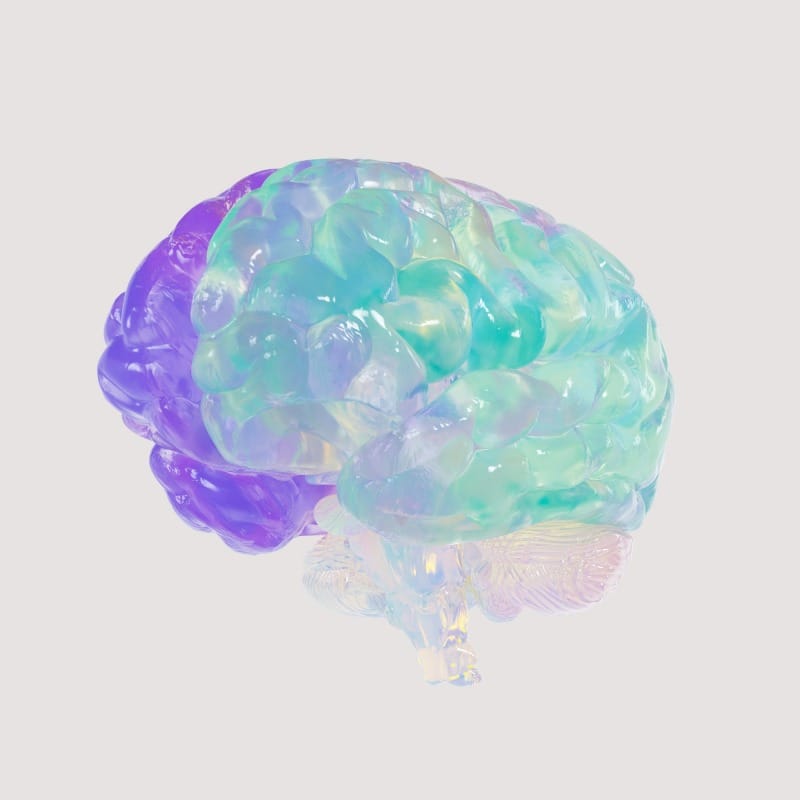As our understanding of brain health grows, so does interest in supplements that may enhance cognitive function. But with countless options on the market, identifying truly effective brain boosters can be challenging. This article examines the latest research on brain supplements to help you make informed choices about supporting your cognitive health.
Key takeaways:
• Omega-3 fatty acids, B vitamins, and antioxidants show promise for brain health
• Natural compounds like bacopa and lion's mane may improve memory and focus
• Individual responses vary - consult a doctor before starting any supplement regimen
• A healthy lifestyle remains crucial for optimal cognitive function
The science behind brain supplements
While the idea of a "smart pill" is appealing, the reality is more complex. Brain supplements, also called nootropics, encompass a wide range of compounds purported to enhance cognitive function. Some have more scientific backing than others.
Omega-3 fatty acids, particularly DHA, play a crucial role in brain structure and function. A 2022 review in Nutrients found that omega-3 supplementation may improve cognitive performance in older adults, especially those with mild cognitive impairment[1].
B vitamins are essential for brain health, with deficiencies linked to cognitive decline. A 2019 study in Nutrients showed that B vitamin supplementation could slow brain atrophy in older adults with elevated homocysteine levels[2].
Natural nootropics gaining attention
Several plant-based compounds have shown promise as cognitive enhancers:
Bacopa monnieri: This herb has been used in traditional Ayurvedic medicine for centuries. A 2019 meta-analysis in the Journal of Ethnopharmacology found that bacopa supplementation significantly improved memory in healthy adults[3].
Lion's mane mushroom: Research suggests this fungus may support nerve growth factor production. A small 2020 study in Phytotherapy Research reported improved cognitive function in older adults taking lion's mane supplements[4].
Ginkgo biloba: While results are mixed, some studies indicate ginkgo may improve memory and cognitive speed in healthy adults and those with mild cognitive impairment[5].
The role of antioxidants
Oxidative stress plays a significant role in cognitive decline. Antioxidant-rich supplements like vitamin E, vitamin C, and coenzyme Q10 have been studied for their potential neuroprotective effects.
A 2019 review in Nutrients found that long-term use of antioxidant supplements may help prevent age-related cognitive decline, though more research is needed to determine optimal dosages and combinations[6].
Personalized approaches to brain health
It's important to note that individual responses to brain supplements can vary widely. Factors like age, genetics, and overall health status all influence how a person may respond to a given supplement.
Dr. Sarah Johnson, a neuroscientist at Stanford University, emphasizes this point: "What works for one person may not work for another. It's crucial to work with a healthcare provider to determine which supplements, if any, are appropriate for your individual needs."
Lifestyle factors remain key
While supplements can play a supportive role, they are not a substitute for a healthy lifestyle. Dr. Johnson adds, "Regular exercise, quality sleep, stress management, and a balanced diet rich in whole foods are still the foundation of good brain health."
Conclusion:
The field of brain supplements is rapidly evolving, with promising research emerging on various compounds. While some supplements show potential for supporting cognitive function, it's essential to approach them with a critical eye and consult with healthcare professionals. Remember that supplements are just one piece of the puzzle – maintaining a healthy lifestyle remains crucial for long-term brain health.
Stay informed
Interested in learning more about optimizing your cognitive health? Subscribe to our newsletter for the latest updates on longevity science and brain health research.
References:
[1] Nutrients. 2022 Jan 17;14(2):368. doi: 10.3390/nu14020368.
[2] Nutrients. 2019 Jul 16;11(7):1629. doi: 10.3390/nu11071629.
[3] J Ethnopharmacol. 2019 Jan 10;229:288-296. doi: 10.1016/j.jep.2018.08.021.
[4] Phytother Res. 2020 Dec;34(12):3223-3234. doi: 10.1002/ptr.6738.
[5] Cochrane Database Syst Rev. 2020 Aug 23;8(8):CD003120. doi:10.1002/14651858.CD003120.pub4.
[6] Nutrients. 2019 Sep 1;11(9):2076. doi: 10.3390/nu11092076.
Citations:
[1] https://www.portlandseogrowth.com/keywords-for/vitamins-and-supplements/
[2] https://supporttheworkers.org/best-brain-supplements/
[3] https://www.soma-analytics.com/best-brain-supplements/
[4] https://www.jpost.com/health-and-wellness/supplements/best-brain-supplements-815179
[5] https://www.ncbi.nlm.nih.gov/pmc/articles/PMC10746024/
[6] https://pubmed.ncbi.nlm.nih.gov/37603263/
[7] https://www.webmd.com/brain/ss/slideshow-brain-supplements
[8] https://www.keysearch.co/top-keywords/supplements-keywords











Member discussion